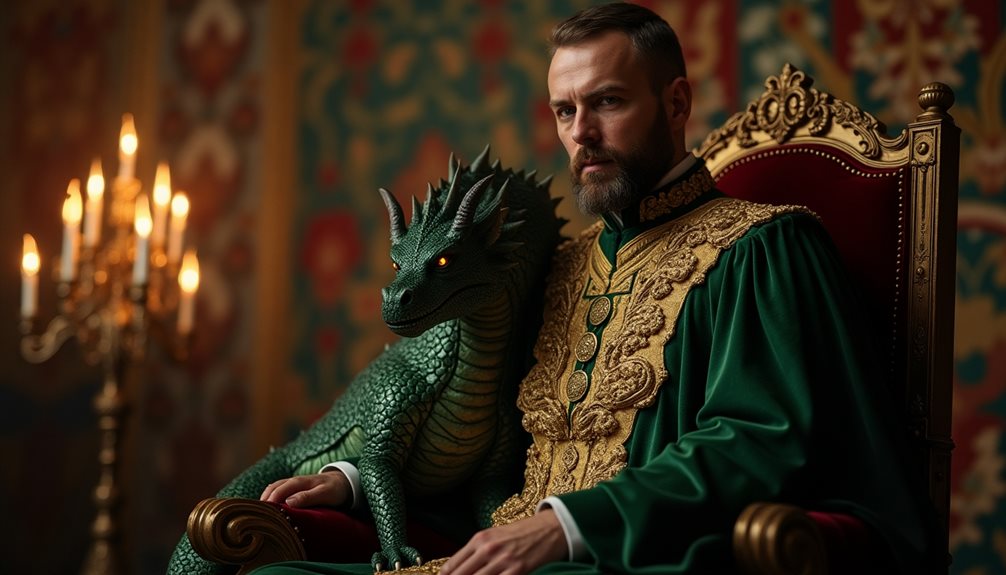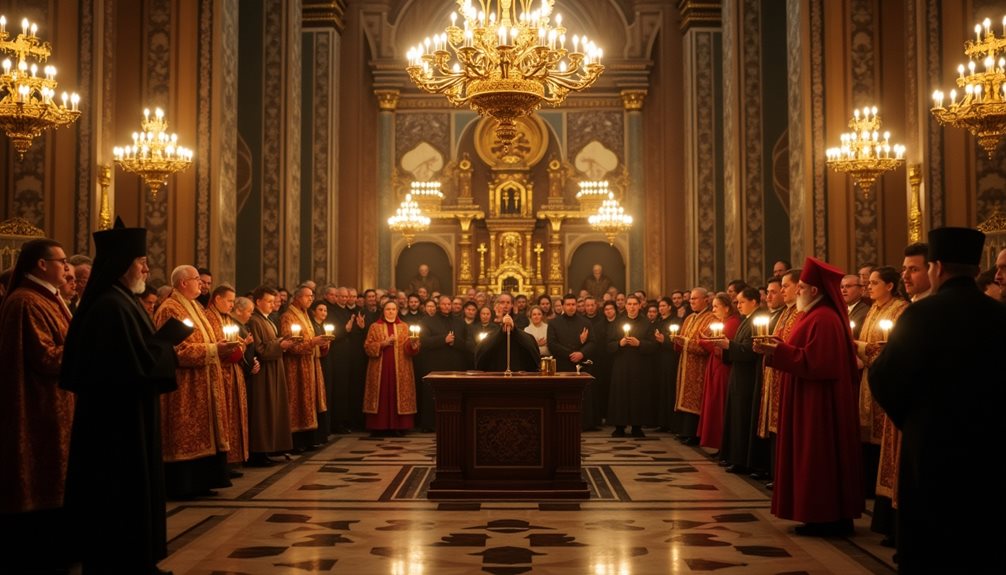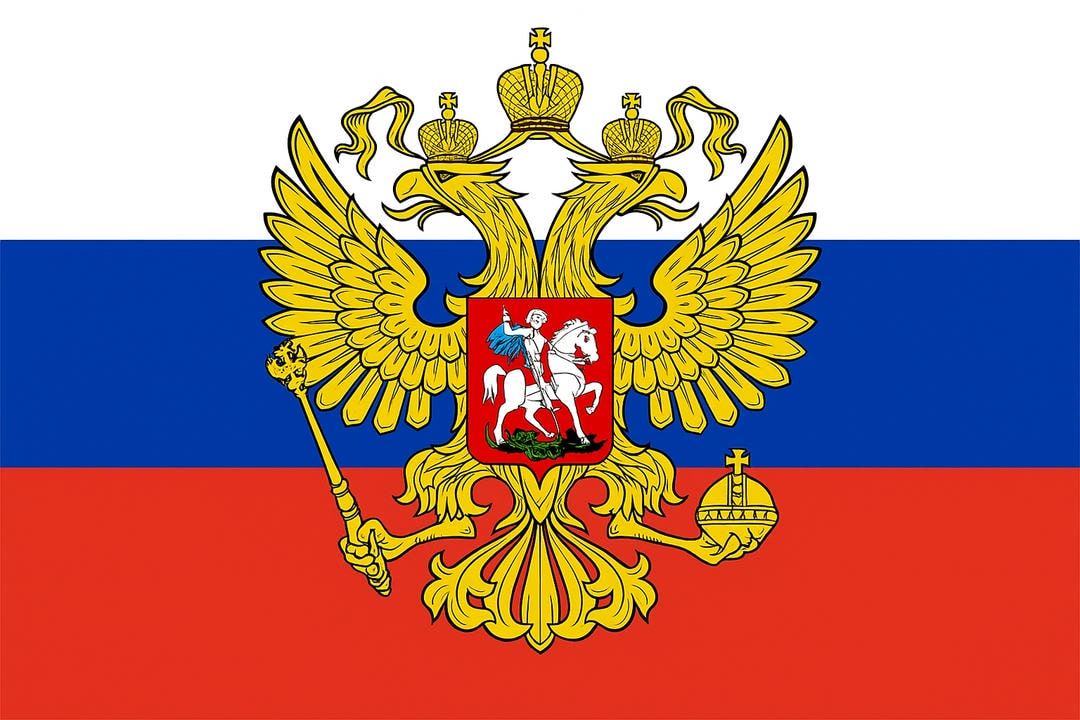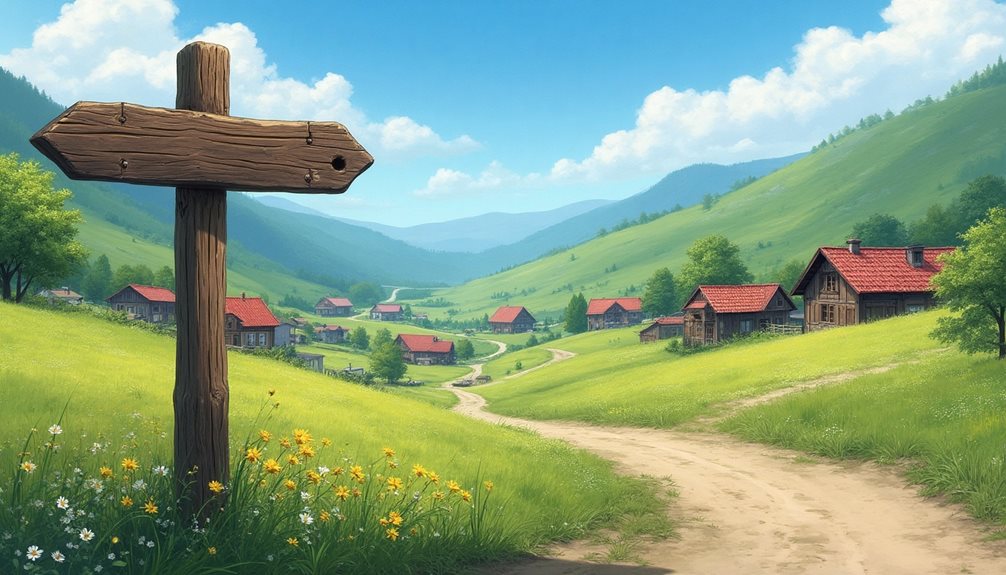Moscow Region, the beating heart of Russia, offers a compelling blend of historical significance and modern energy. The area is renowned for landmarks such as the Kremlin and Red Square, which epitomize its storied past. Yet, it also embraces a contemporary lifestyle, driven by advancements in finance and technology. This juxtaposition of ancient and modern elements is further complemented by natural sanctuaries like Losiny Ostrov National Park. With cultural festivals that celebrate its rich traditions, Moscow Region stands as a multifaceted entity, inviting further exploration into its unique attributes and dynamic economy.
Interesting Facts About Russia’s Moscow Region
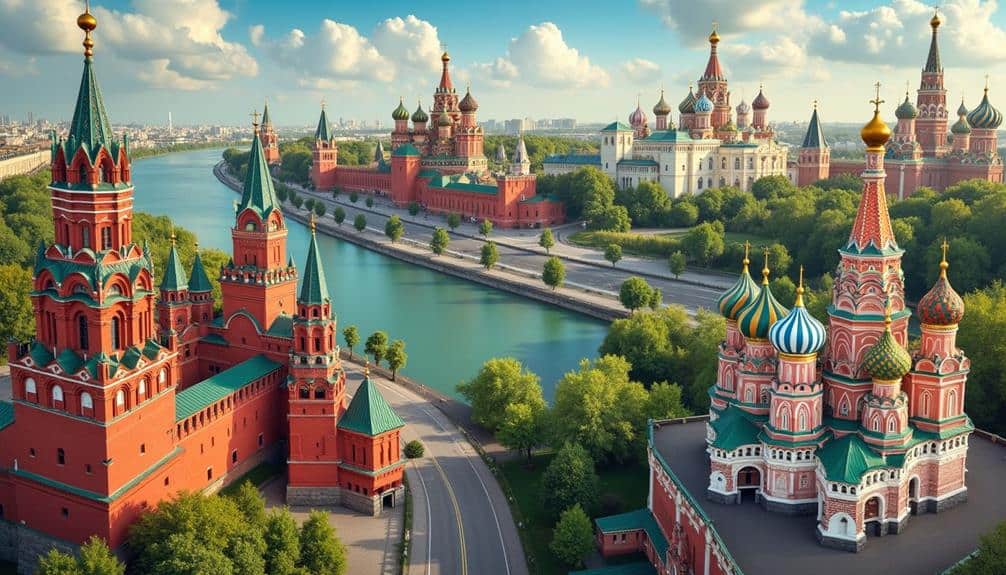
Nestled in the heart of the Russian Federation, the Moscow Region is a tapestry of historical, cultural, and economic significance. This area is home to a plethora of Moscow landmarks that speak volumes about its rich past and present. Notable among these are the Kremlin and Red Square, which stand as symbols to Russia’s storied history and architectural splendor.
Historical figures such as Peter the Great and Catherine the Great have left indelible marks on the region, their legacies intertwined with the evolution of Moscow and Russia at large.
The area is equally celebrated for its culinary delights, offering a wide array of traditional Russian dishes like borscht and pelmeni, which continue to entice both locals and visitors alike.
Festivals celebrated in the Moscow Region further underscore its vibrant cultural fabric. Events such as Maslenitsa, the Russian Blini festival, and Victory Day reflect both historical reverence and contemporary joy.
Moreover, the region is endowed with numerous natural reserves, including the Losiny Ostrov National Park, providing a sanctuary for wildlife and a retreat for nature enthusiasts.
Collectively, these aspects contribute to the multifaceted allure of the Moscow Region.
Geographical Traits of Moscow, Russia
While the historical and cultural richness of the Moscow Region is indisputable, understanding its geographical traits adds another layer of appreciation for this area. The Moscow climate, characterized by its long, cold winters and short, warm summers, greatly influences the region’s urban landscape and infrastructure. This climatic pattern necessitates robust building designs and efficient heating systems, shaping the architectural character of the city.
Central to Moscow’s geography are its river systems, with the Moskva River being the most prominent. This river, along with its tributaries, has historically facilitated trade and transportation, and continues to play an essential role in the city’s economy and recreational activities.
Moscow is also notable for its extensive green spaces, which include numerous parks, gardens, and preserved natural areas. These green spaces are integral to the urban landscape, providing residents with recreational areas and contributing to the city’s ecological balance.
The transportation network in Moscow is another important geographical trait. An intricate web of metro lines, roads, and railways guarantees efficient movement within the city and connects it to the broader region. This network supports both daily commuting and long-distance travel, making Moscow a key transportation hub.
Culture and History of Moscow, Russia

Moscow’s culture and history, often deeply intertwined, form a rich tapestry that underpins the city’s identity. As the heart of Russian civilization, Moscow boasts an architectural landscape that reflects its storied past and dynamic evolution. Iconic structures such as the Kremlin and Saint Basil’s Cathedral are not merely historical landmarks but symbols of Russian resilience and ingenuity.
These edifices, with their intricate designs and historical significance, encapsulate centuries of Moscow architecture.
Russian traditions continue to thrive in Moscow, where cultural festivals like Maslenitsa and Victory Day serve as vibrant reminders of the city’s enduring heritage. These events offer insight into the societal values and historical experiences that have shaped Moscow’s identity over the centuries.
The city’s artistic heritage is equally profound, with institutions like the Bolshoi Theatre and the Tretyakov Gallery preserving and promoting Russia’s rich cultural legacy.
In essence, Moscow is a living museum, where every corner tells a story. The interplay between historical landmarks and contemporary culture creates a unique urban narrative, fostering a sense of continuity and progress.
Understanding Moscow’s culture and history provides invaluable context for appreciating its present and future trajectories.
Moscow, Russia Economy
The economy of Moscow, Russia stands as a formidable pillar in the nation’s overall economic framework, driven by diverse sectors that reflect both traditional strengths and modern advancements.
Moscow industry trends reveal a robust landscape, spearheaded by sectors such as finance, technology, and manufacturing. The city’s strategic position and well-developed infrastructure foster a conducive environment for business investment opportunities, attracting both domestic and international investors.
Economic growth factors in Moscow include a highly educated workforce, advanced research institutions, and supportive government policies. These elements collectively enhance productivity and innovation, contributing to the city’s economic dynamism.
Furthermore, Moscow’s extensive transportation networks facilitate efficient trade and commerce, further solidifying its status as an economic hub.
Employment rates analysis indicates that Moscow maintains relatively low unemployment levels compared to other Russian regions, reflecting a strong labor market. The city’s diverse economy offers a plethora of job opportunities across various sectors, ensuring sustained economic resilience.
Lastly, a trade relations overview underscores Moscow’s significant role in international commerce. The city’s export and import activities are crucial to Russia’s trade balance, with key partnerships spanning Europe, Asia, and beyond.
This interplay of factors underscores Moscow’s economic energy and strategic importance on the global stage.

